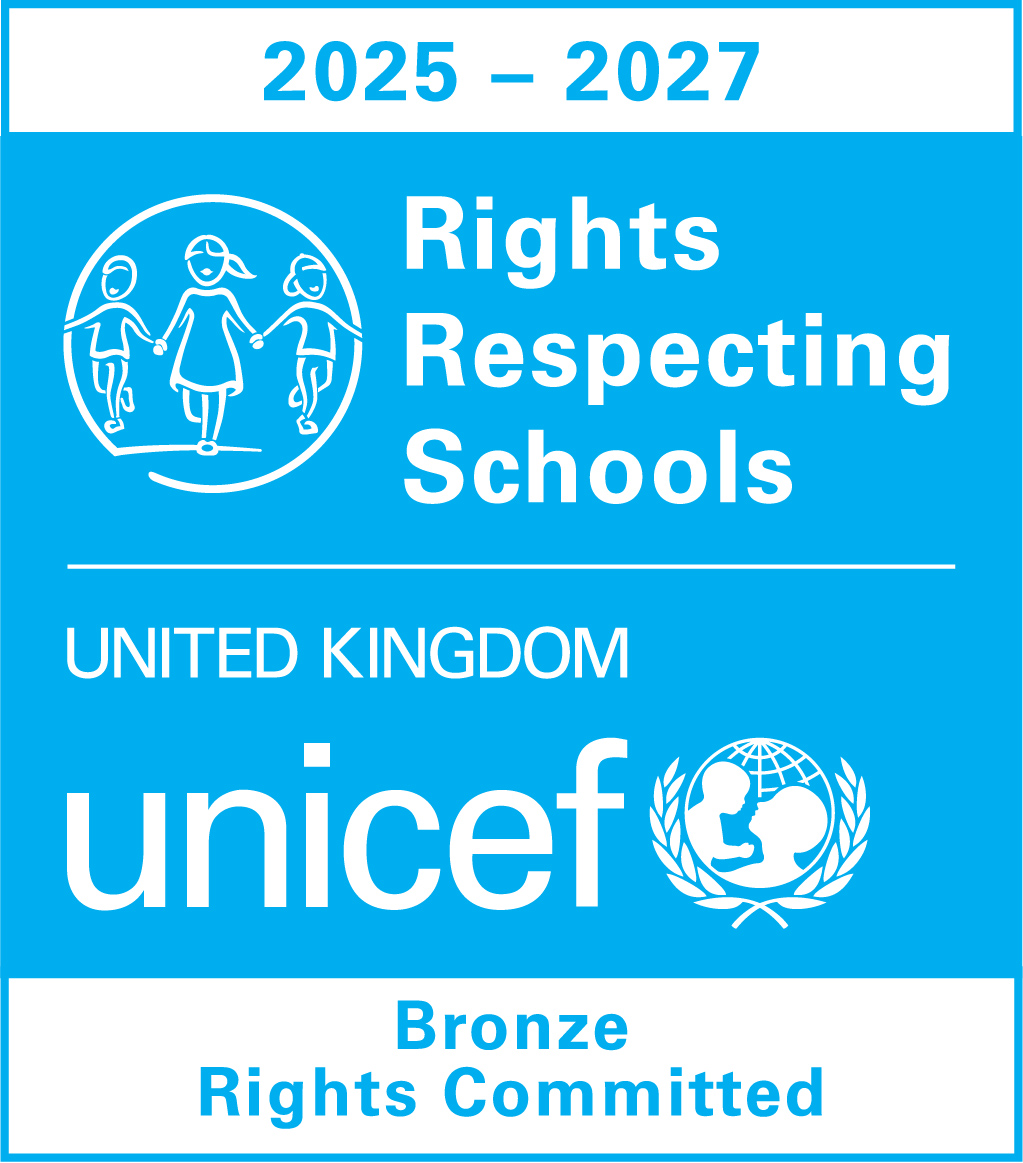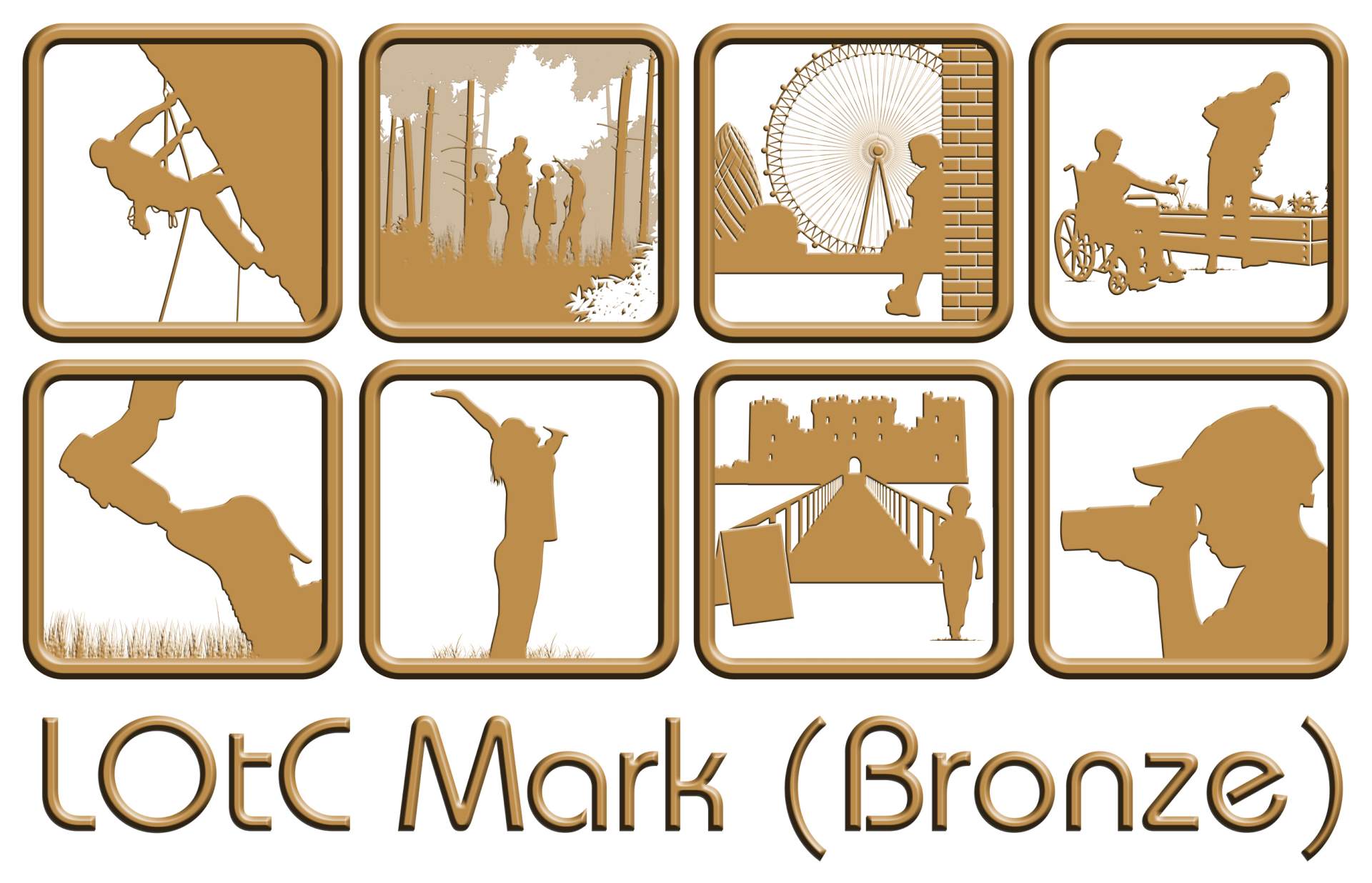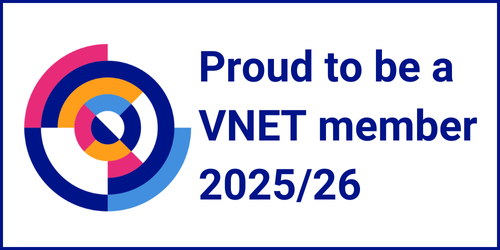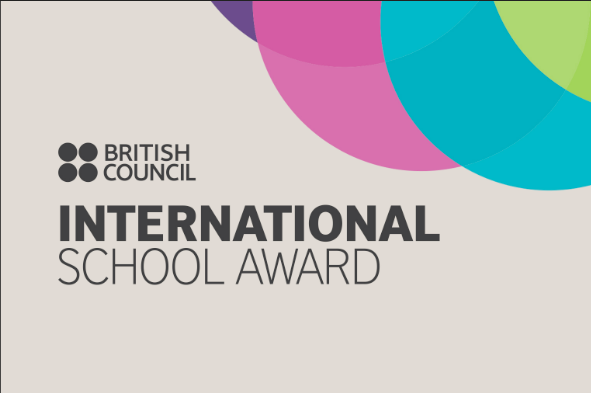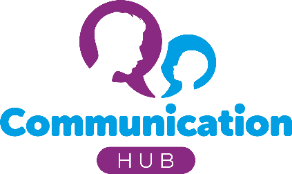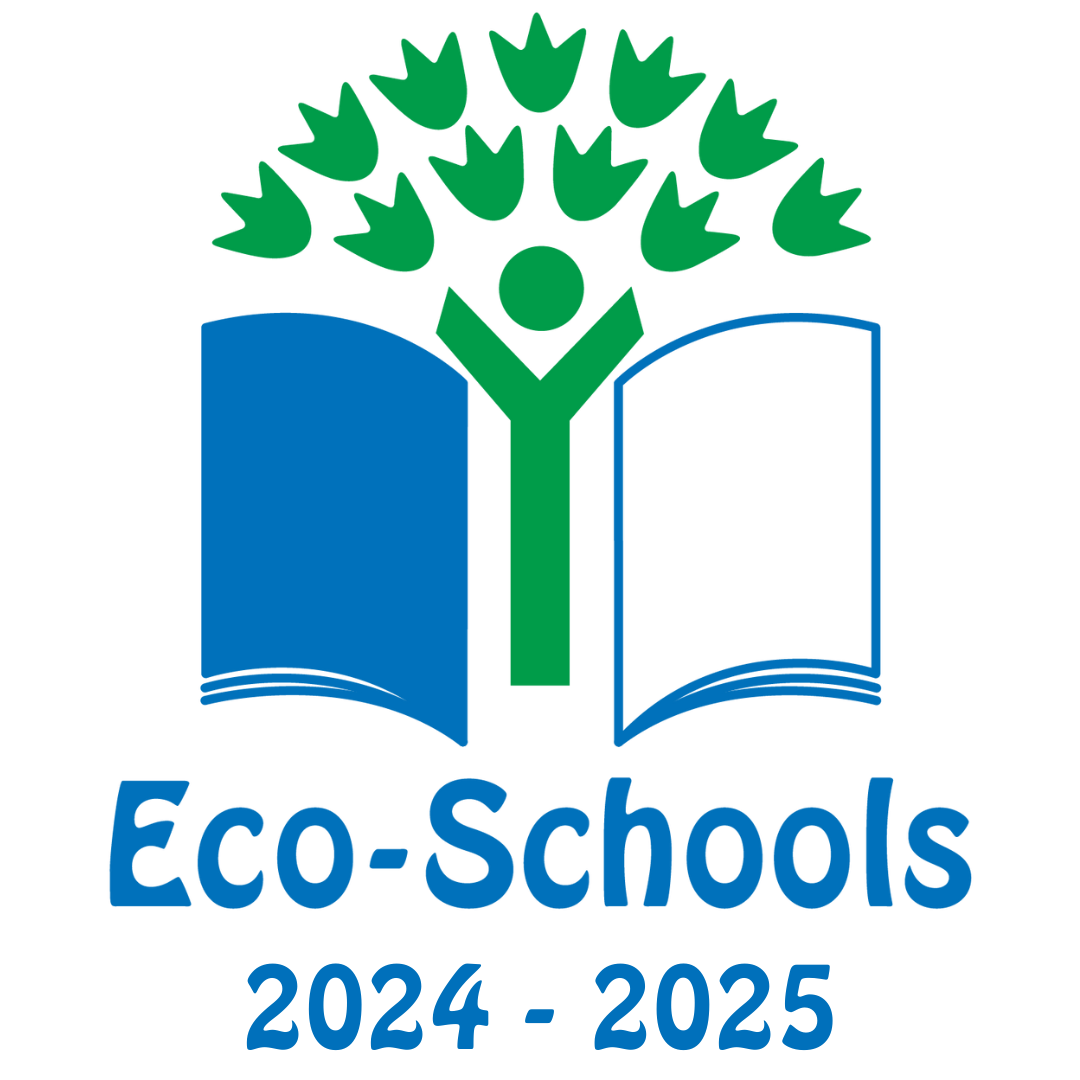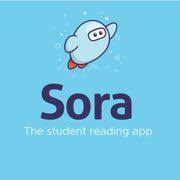SECTION_MENU}
Pupil Premium

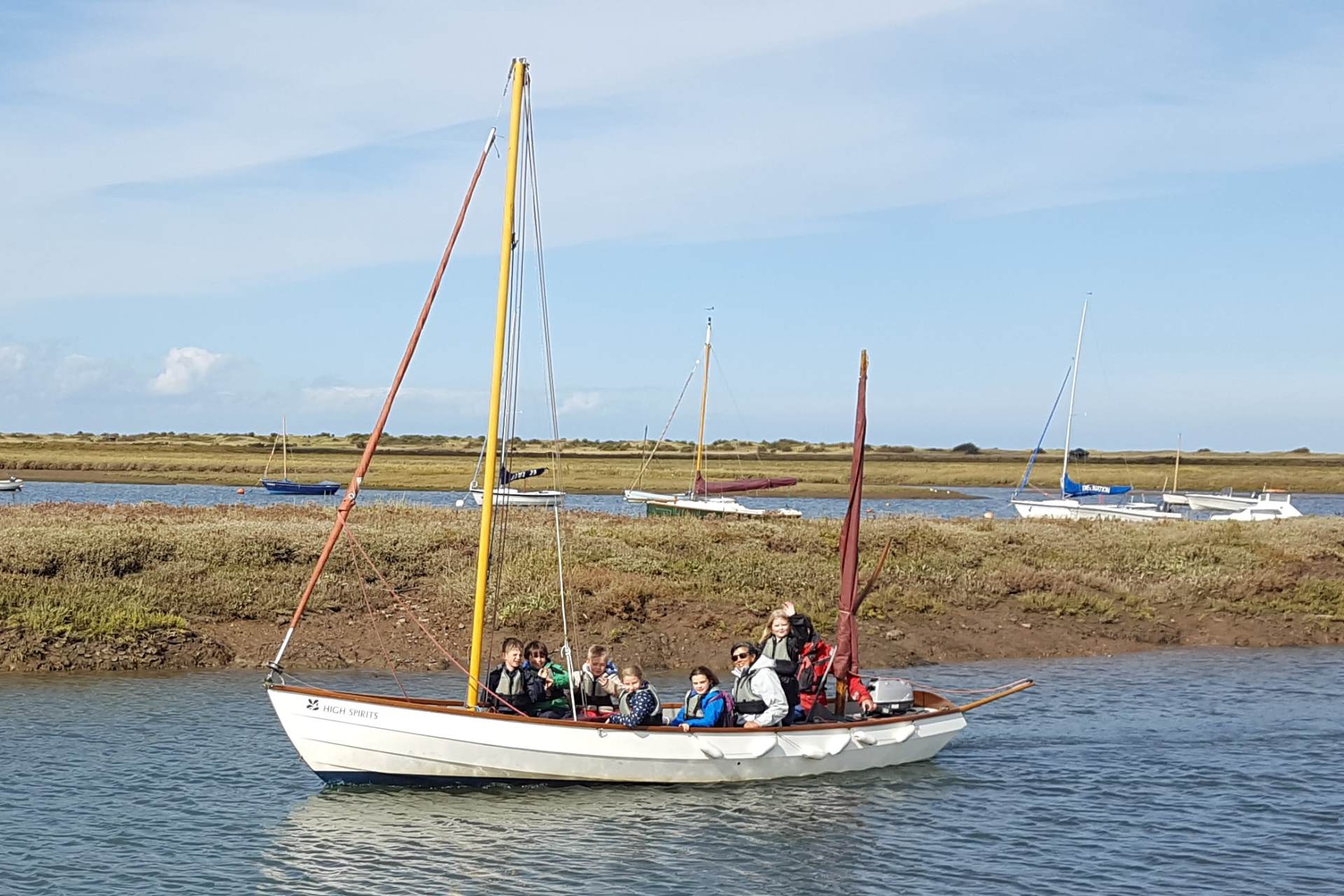

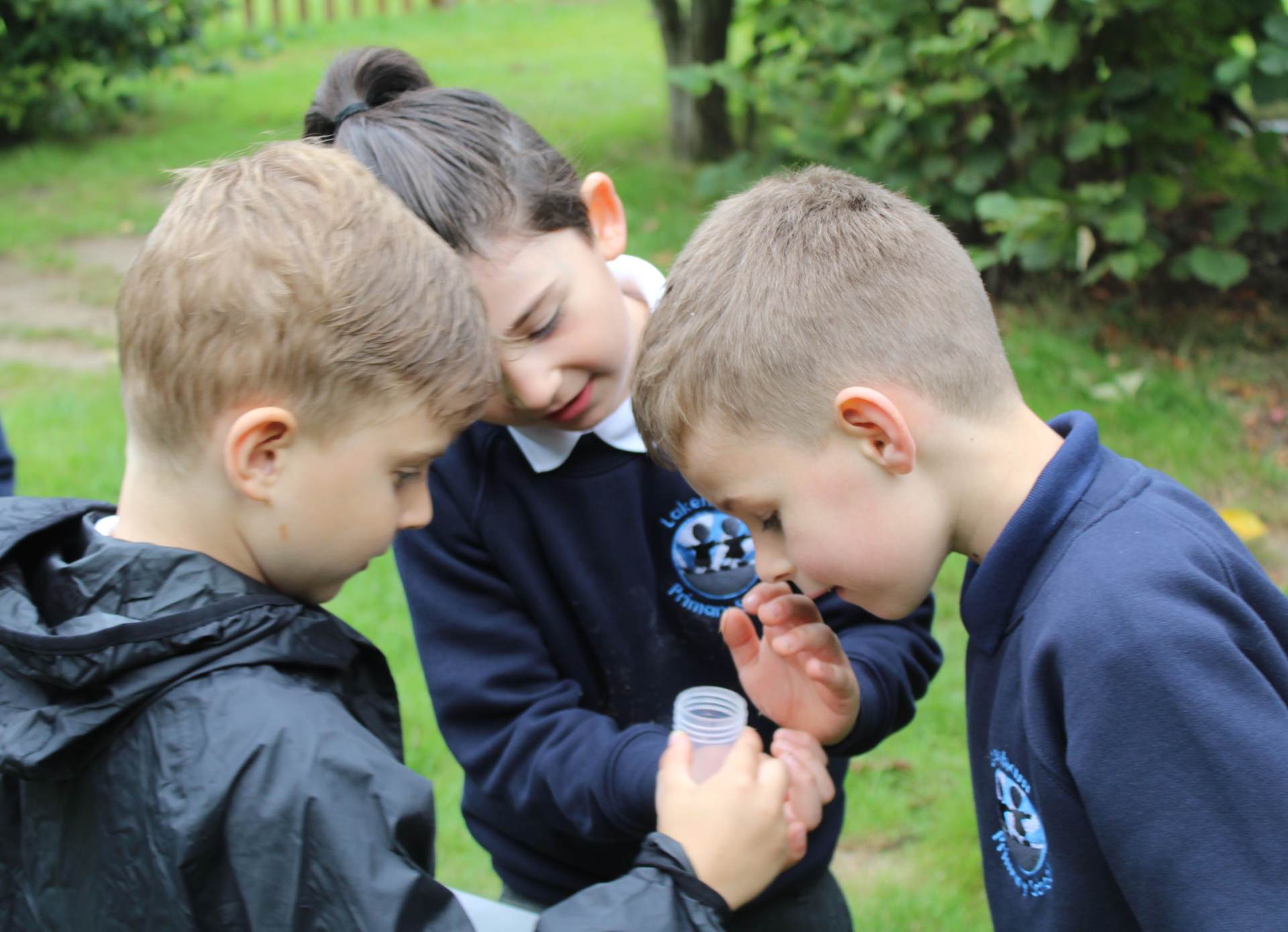
What is Pupil Premium?
Pupil Premium is a set amount of funding given to schools by the government to help disadvantaged pupils achieve and to close the attainment gap between them and their peers.
There are three types of Pupil Premium funding.
1. Pupil Premium
The school is given a sum of money each year for each pupil claiming free school meals. To see if your child is eligible for Free School Meals please click here.
2. Pupil Premium Plus
The school is given a sum of money each year for each pupil that is currently, or has previously been looked after by the local authority. This is often know as being 'in care' or 'previously in care'. If you believe your child fits the criteria, please alert a member of the school's pastoral team so that we can ensure your child and the school are receiving the appropriate support and funding.
3. Service Pupil Premium
The school is given a sum of money each year for each pupil that meets the following criteria:
- one of their parents is serving in the regular armed forces (including pupils with a parent who is on full commitment as part of the full-time reserve service) or is in the armed forces of another nation and is stationed in England – and they have been registered as a ‘service child’ in the most recent autumn DfE school census
- they do not currently have ‘service child’ status but they have been registered as a ‘service child’ on any DfE school census in the past 6 years
- one of their parents died whilst serving in the armed forces and the pupil receives a pension under the Armed Forces Compensation Scheme or the War Pensions Scheme
How do Lakenham Primary School use the Pupil Premium funding?
Common ways in which schools spend their pupil premium fund include:
- Employing teaching assistants to work with classes.
- Running a school breakfast club to improve attendance.
- Funding educational trips and visits.
- Paying for additional help such as speech and language therapy.
- Investing in resources that boost children’s learning, such as laptops or tablets.
To see how Lakenham specifically choose to spend the pupil premium allocation see the school's pupil premium strategy document below.
Pupil Premium 3 year Strategy 2023 - 2026 including barriers and evidence
This is a three year strategy that is updated annually in December.
December 2024 update - Pupil_Premium_Strategy_2023-_year_1__2024__update.pdf
December 2025 update - /docs/UPDATE_Pupil_Premium_Strategyyear_2__2025__update__1_-1.pdf
December 2026 update -
Historic Pupil Premium Strategies & Funding Amounts
Pupil Premium 3 year Strategy Statement 21-22
23/23 - £224,300
23/24 - £202,125
24/25 - £207,800
25/26 - £184,830


